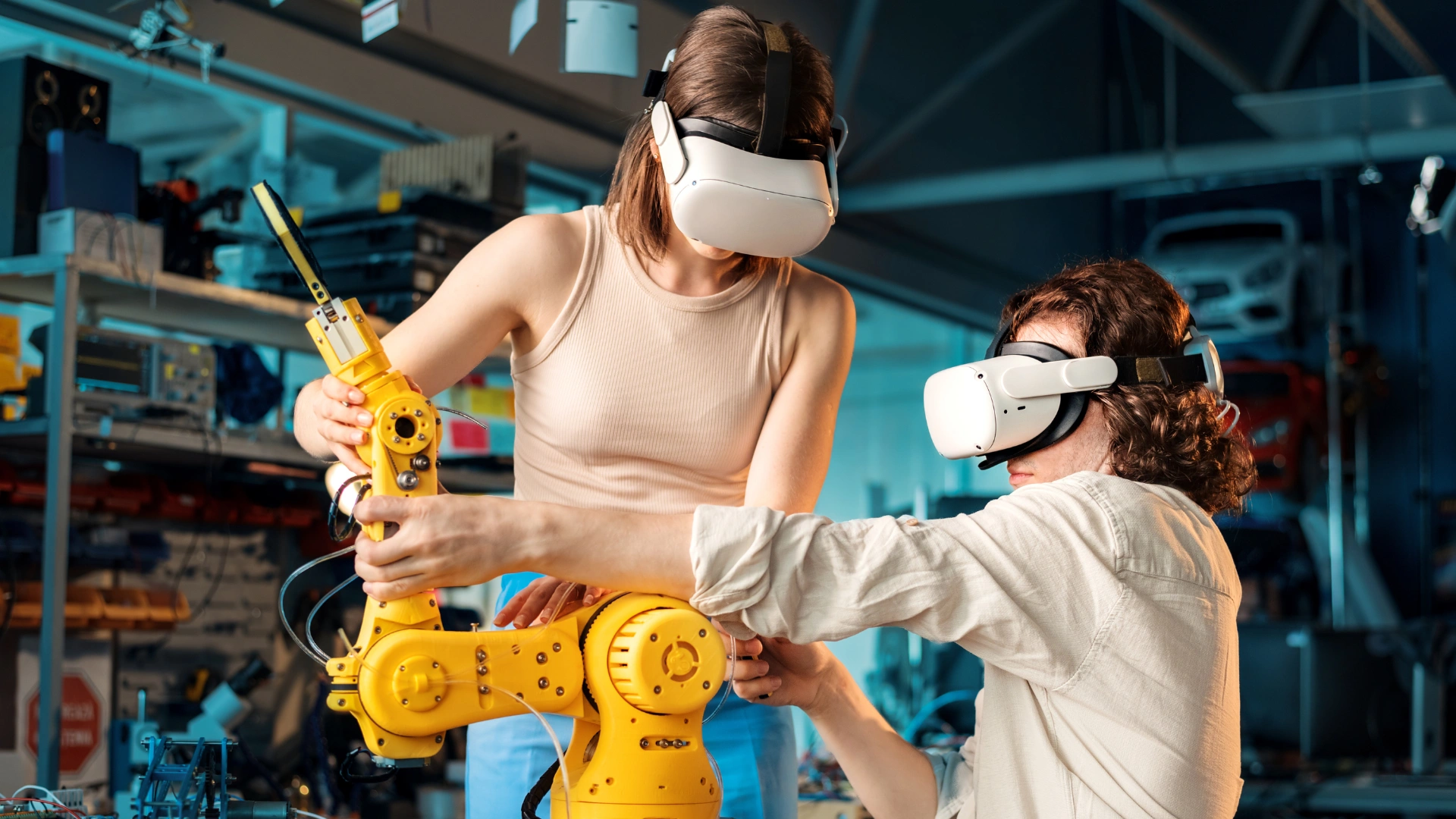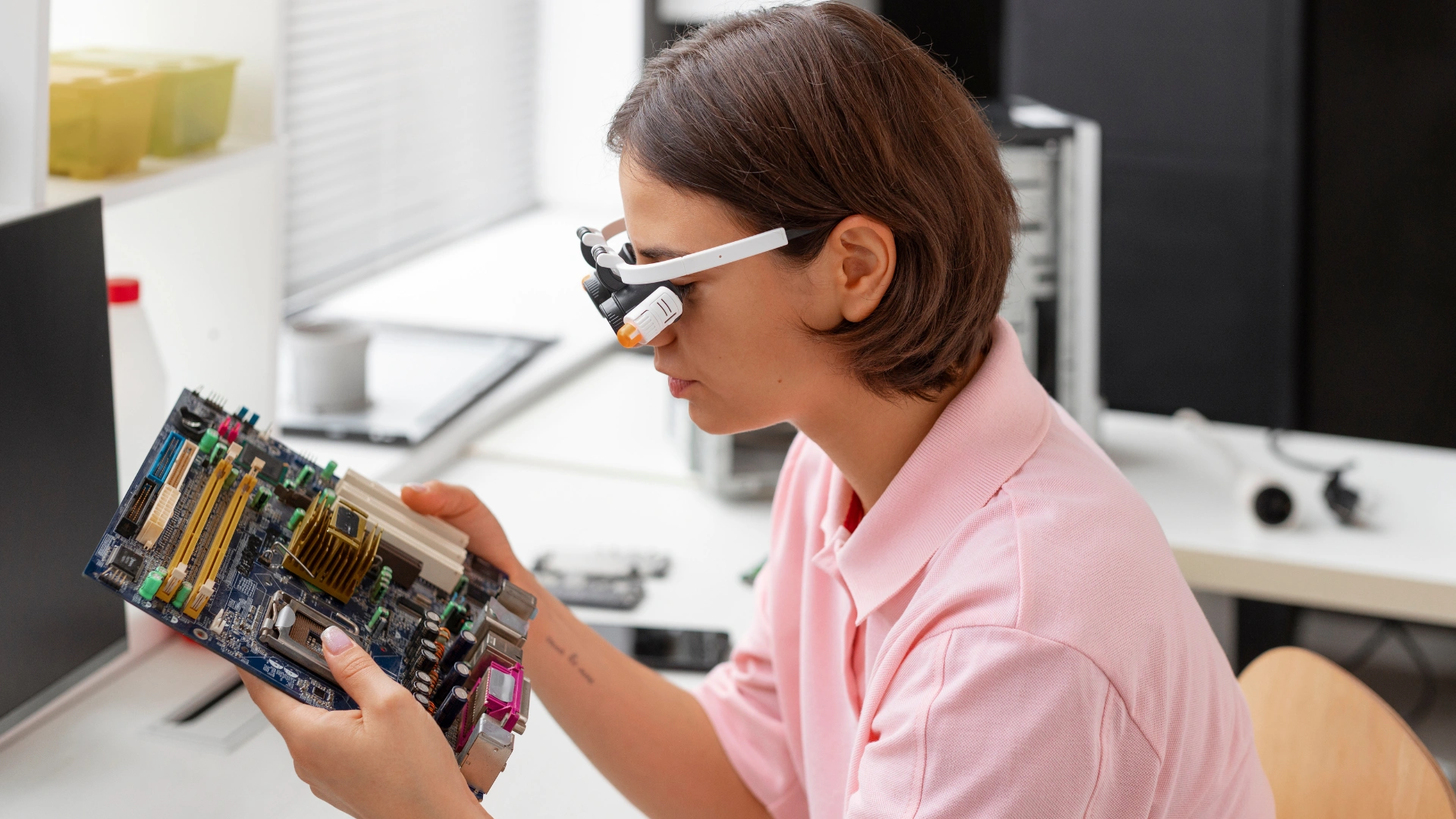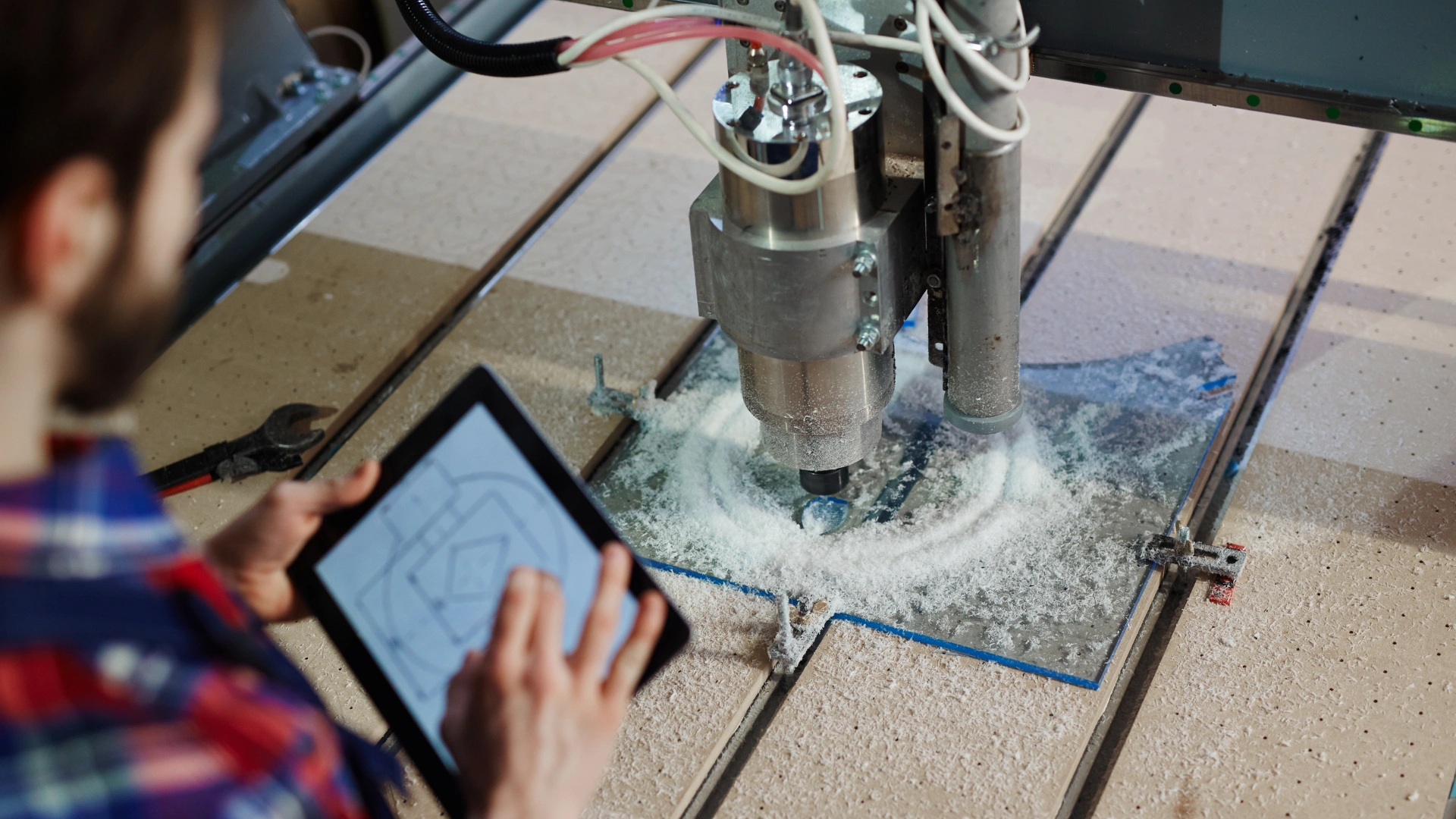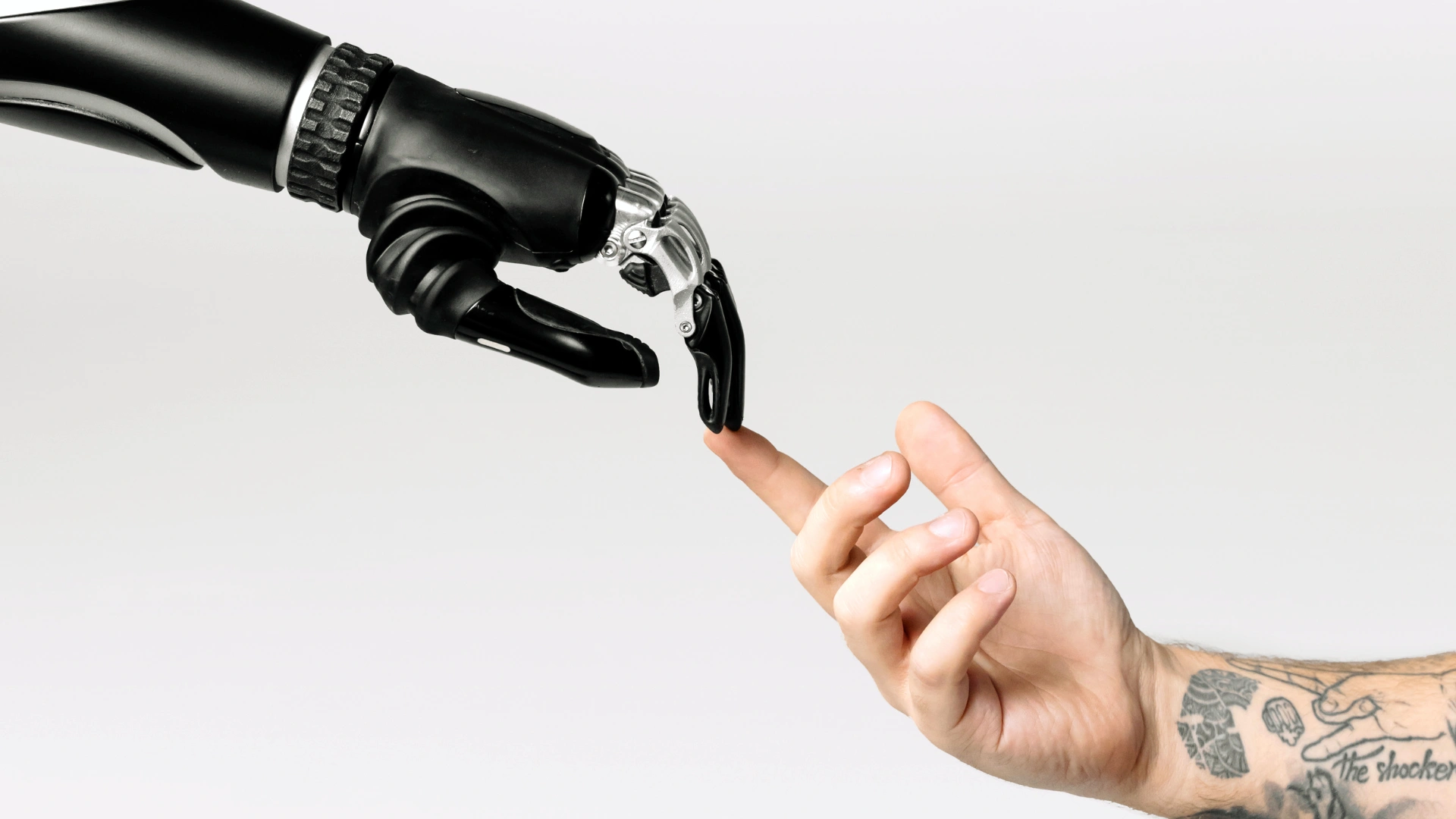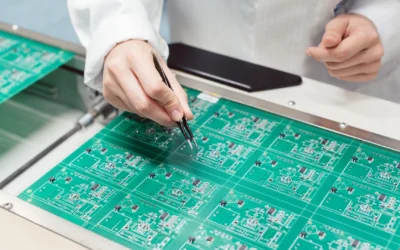How is Generative AI Shaping the Future of Manufacturing Design and Prototyping?
The use of artificial intelligence across every industry has drastically increased over the past few years. With more and more employers choosing to prioritise AI’s capabilities over the ability of people, manufacturing companies are exploring innovative methods to stay competitive and meet demand efficiently.
By the end of 2024, there is projected to be almost 5.5 million manufacturing enterprises worldwide, increasing competition and the need for more diverse and unique products and services. With this projected growth, how can businesses effectively use generative AI in manufacturing to sustain their edge?
Traditional Design Vs AI Design
Traditional
Traditional manufacturing design and prototyping are often filled with material and labour exploitation. These practices often stem from prioritising cheaper labor and overlooking environmental considerations, such as the sustainability of materials or the waste generated during production. Despite these drawbacks, traditional methods can be financially advantageous for businesses due to their ability to lower the cost per product.
Generative AI
In comparison to the traditional methods of manufacturing design and prototyping, the introduction of generative AI has enabled businesses to become more efficient and adaptable. Leveraging AI solutions enhances efficiency and customer satisfaction by creating customized design options at scale. Despite potential cost implications for smaller-scale production schedules, generative AI supports advanced personalizations, improving customer loyalty.
Benefits of Generative AI in Revolutionising the Manufacturing Industry
Manufacturing design and prototyping is one of the most competitive industries. With the changing landscapes and developing demands of consumers, generative AI is equipping companies with the ability to meet these changes with relative ease. But how else can generative AI benefit the manufacturing industry?
Increased Innovation
AI technologies, including gen AI models and AI algorithms, enhance the ability to analyze market trends and consumer preferences, fostering innovation. With this deeper insight, generative AI systems contribute to creating groundbreaking design options and optimizing the manufacturing process.
Enhanced Decision Making
The integration of AI systems empowers manufacturing sector leaders to make data-driven decisions rapidly. These AI applications streamline supply chain operations by predicting disruptions and suggesting actionable improvements.
Minimises Errors
While humans can notice overarching issues and think of solutions to help combat the problems, AI allows manufacturers to detect minor anomalies in the production process, leading to larger quality issues. This increases productivity across the company, which will eventually lead to higher outputs and greater profits. For example, Bosch Digital Twin Industries introduced AI into their operations to help identify significant deviations in their products.
Increases Personalisation
Enabling customers to purchase more personalised products or services often allows a business to stand out from their competitors. AI has allowed this process to become more widely available across a variety of industries, including manufacturing design and prototyping. The implementation of personalisation means that more customer demands can be met, improving overall loyalty and satisfaction.
But What Are the Challenges?
Ethical Considerations
The ability of AI is arguably unmatched- through the correct training and understanding people can now get AI to complete almost any task. However, AI is subjected to a large amount of criticism because of its ethical considerations. For customers, the usage of AI can often create a sense of mistrust and deception, particularly if they are not aware how it is being used within the company. With the lack of transparency about how AI is being used across a company, customers are more likely to take their business elsewhere.
They are also more likely to be concerned about their personal data if a company utilises AI within their business practices, as companies that use AI are more susceptible to cyber-attacks. This means that confidential information that the customer has entrusted the company with is at a greater risk of being hacked, creating a growing feeling of mistrust between companies and their customers.
Job Vulnerabilities
While AI integration is often deemed unethical and can trigger different challenges, it is often cheaper for a company in comparison to paying staff. Despite this benefiting the company financially, it does ultimately increase staff being made redundant. In the manufacturing industry, AI can replace certain job roles, with one report from MIT and Boston University suggesting almost two million manufacturing employees could be replaced by AI by 2025.
This newfound lack of job stability across the manufacturing design and prototyping industry is likely to lead to decreasing motivation and low morale across the workforce, limiting the business’s success.
Looking Forward
While AI hasn’t yet been utilised by every company, its usage across the manufacturing industry will likely increase over the next few years. With companies continuously wanting to increase their competitive advantage and attract more customers, generative AI can allow businesses to differentiate themselves and become more appealing to new and existing customers.
However, customers are increasingly becoming more conscious about the environment and often choose to invest in companies that are also environmentally conscious. Businesses that utilise generative AI are more likely to see a reduction in waste and improved efficiency. AI can recognise more sustainable methods of production, such as methods that involve less energy consumption, helping to save the environment.
How Can We Help You
With the continuous development of AI and its regular implementation within businesses, it is becoming a crucial component of any successful and operational manufacturing design and prototype business. AI can transform business operations and elevate a company seeking to outperform its competitors.
As AI becomes more prevalent in the manufacturing design and prototyping industry, businesses must receive the correct guidance to implement the most beneficial strategies. Companies like Intretech collaborate with some of the most influential global companies to help provide diverse solutions designed with evolving industries in mind. Intretech recognises the individual challenges of each industry, creating tailored solutions that will meet customer needs. From consumer electronics to automotive components, Intratech’s unwavering commitment to providing effective and beneficial solutions will help elevate your business.
Explore more related content
Unlocking Lean Manufacturing: What It Is and How It Can Benefit Your Business
Unlocking Lean Manufacturing: What It Is and How It Can Benefit Your BusinessLean manufacturing has become a...
Quality Assurance in PCB Manufacturing: Best Practices and cutting edge Techniques
Quality Assurance in PCB Manufacturing: Best Practices and Cutting-edge TechniquesEnsuring the quality of Printed...
How Malaysia Became Southeast Asia’s Leading Manufacturing Hub
How Malaysia Became Southeast Asia's Leading Manufacturing HubAs manufacturing has become increasingly globalised,...

